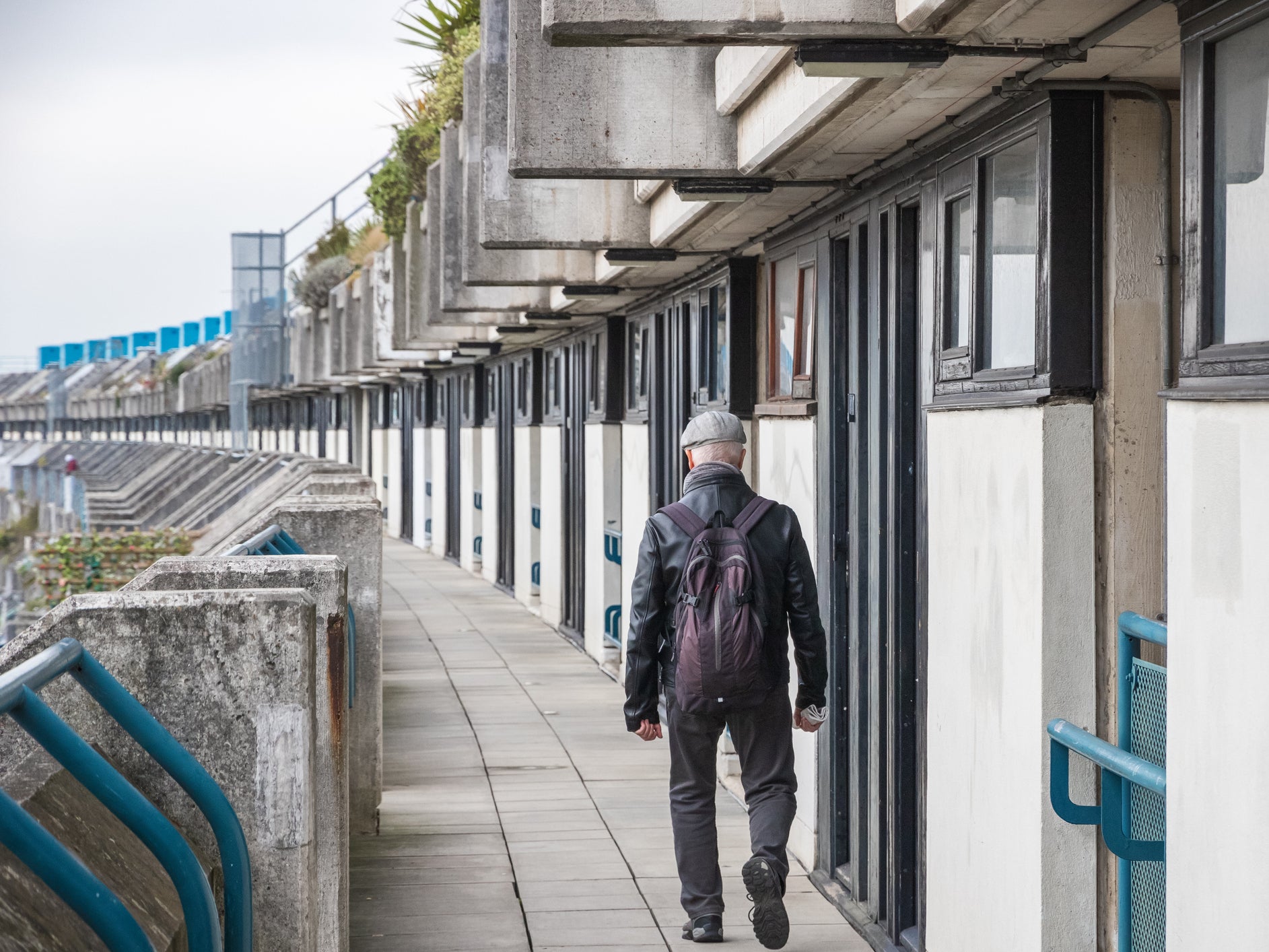Lack of social housing fuelling £1.1bn temporary homes ‘industry’, investigation reveals
Companies 'profiting from the housing crisis while homeless families suffer', says Shelter

Your support helps us to tell the story
From reproductive rights to climate change to Big Tech, The Independent is on the ground when the story is developing. Whether it's investigating the financials of Elon Musk's pro-Trump PAC or producing our latest documentary, 'The A Word', which shines a light on the American women fighting for reproductive rights, we know how important it is to parse out the facts from the messaging.
At such a critical moment in US history, we need reporters on the ground. Your donation allows us to keep sending journalists to speak to both sides of the story.
The Independent is trusted by Americans across the entire political spectrum. And unlike many other quality news outlets, we choose not to lock Americans out of our reporting and analysis with paywalls. We believe quality journalism should be available to everyone, paid for by those who can afford it.
Your support makes all the difference.High demand for social housing in Britain and a lack of supply is fuelling an enormous “temporary accommodation” industry worth over £1.1bn, according to new research.
The vast majority of the money spent by councils in England to put roofs over people’s heads goes to private landlords, letting agencies of companies, the investigation by Shelter and the BBC’s Panorama revealed.
The investigative team analysed government data and used Freedom of Information requests (FOIs) to expose who is benefiting from the vast sums of public money being spent on temporary accommodation as the cost of homelessness grows.
The figures show the amount of money being paid to private accommodation providers has almost doubled in the last five years from £490m in 2013/14 to £939m in 2018/19.
During the same timeframe the number of homeless households living in private temporary accommodation has risen by 46 per cent, suggesting the charge to councils has risen disproportionately.
Four out of the top five temporary accommodation providers who received the most public money last year were private letting agents.
Of these, Finefair Consultancy Ltd – who describe themselves as “London’s number one choice for guaranteed rent schemes and property management,” received the most – £16.4m from nine local councils in England.
Finefair was followed by Elliot Leigh (£13.9m from eight councils), Letting International Ltd (£13.4m from 10 councils), and Theori Housing Management Services (£13.3m from seven councils).
Furthermore, it revealed the way councils are paying private providers has also changed dramatically, with a massive 121 per cent increase in the use of expensive “nightly paid” private temporary accommodation. This includes the use of emergency B&Bs.
Polly Neate, chief executive of Shelter, said: “When successive governments cut funding for social housing, they fired the starting-gun on the housing emergency we see today. Had the supply of social homes not dried up, fewer people would be homeless and we would not be wasting over a billion pounds a year on temporary accommodation.
“It is sickening that most of this tax-payer money ends up in the pockets of private landlords and letting agents. As we see in our services, this accommodation is often in dire condition, and is horribly unstable by nature. But with nothing else available, hamstrung councils have got to hand over the cash to try and keep people off the streets.”
She added: “We cannot allow these businesses to continue profiting from the housing crisis, while homeless families suffer. With the budget approaching, now is the time for the government to reverse this historic wrong and invest in a new generation of stable social homes.”
The findings of the investigation were broadcast on Panorama on BBC1 on Monday evening.
Join our commenting forum
Join thought-provoking conversations, follow other Independent readers and see their replies
Comments